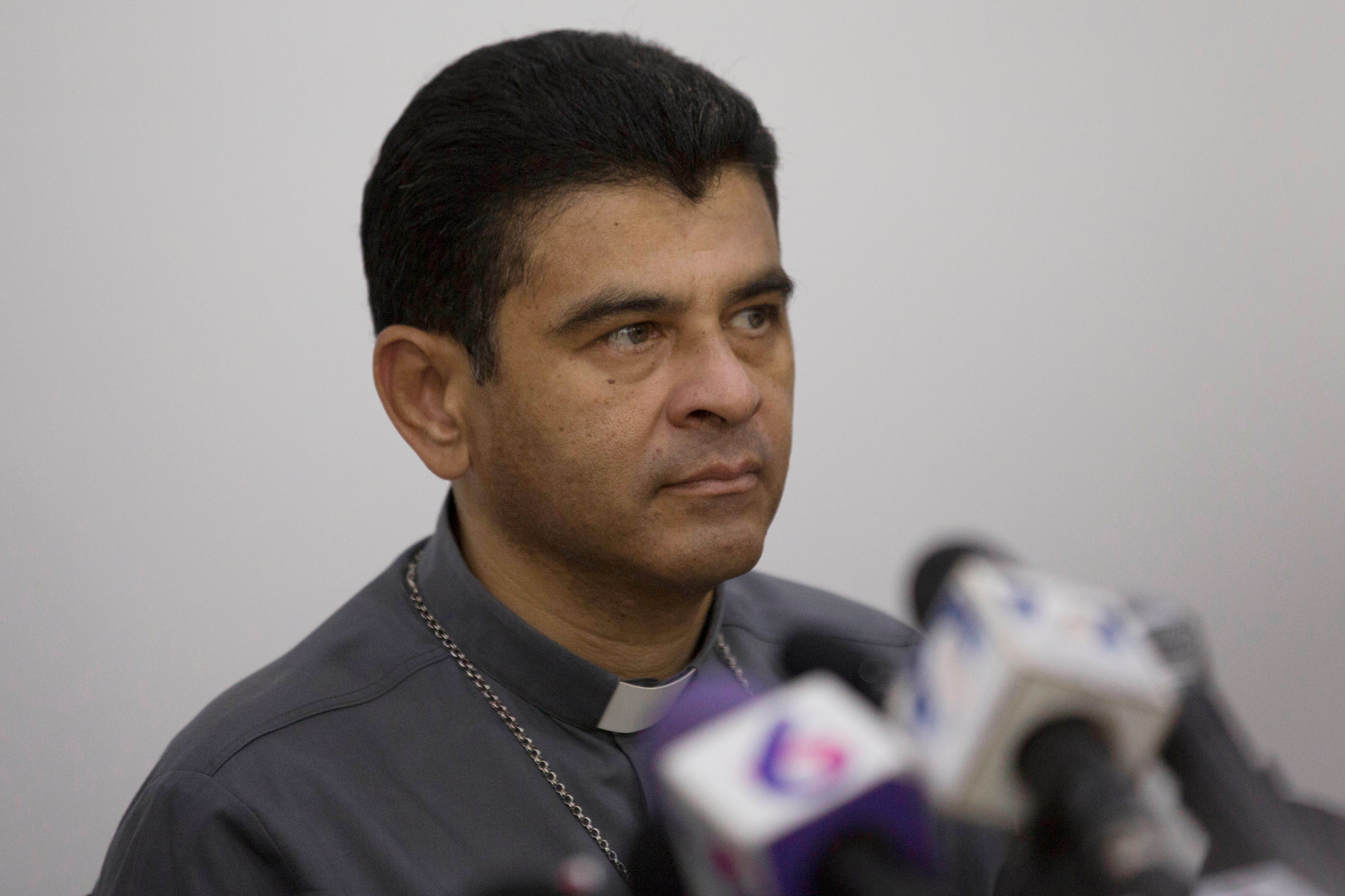Vatican closes embassy in Nicaragua after Ortega's crackdown
The Vatican has closed its embassy in Nicaragua after the country's government proposed suspending diplomatic relations

Your support helps us to tell the story
From reproductive rights to climate change to Big Tech, The Independent is on the ground when the story is developing. Whether it's investigating the financials of Elon Musk's pro-Trump PAC or producing our latest documentary, 'The A Word', which shines a light on the American women fighting for reproductive rights, we know how important it is to parse out the facts from the messaging.
At such a critical moment in US history, we need reporters on the ground. Your donation allows us to keep sending journalists to speak to both sides of the story.
The Independent is trusted by Americans across the entire political spectrum. And unlike many other quality news outlets, we choose not to lock Americans out of our reporting and analysis with paywalls. We believe quality journalism should be available to everyone, paid for by those who can afford it.
Your support makes all the difference.The Vatican said Saturday it had closed its embassy in Nicaragua after the country's government proposed suspending diplomatic relations, the latest episode in a yearslong crackdown on the Catholic Church by the administration of Nicaraguan President Daniel Ortega.
The Vatican's representative to Managua, Monsignor Marcel Diouf, also left the country Friday, bound for Costa Rica, a Vatican official said, speaking on condition of anonymity.
The Vatican action came a week after the Nicaraguan government proposed suspending relations with the Holy See, and a year after Nicaragua forced the papal ambassador at the time to leave.
It's not clear what the proposed suspension would entail in diplomatic terms.
The care of the Vatican's embassy, or nunciature, was entrusted to the Italian government, according to diplomatic conventions, Vatican News, the Holy See's official media outlet, reported. It said diplomats of the European Union, Germany, France and Italy gave Diouf a farewell salute before he shuttered the diplomatic post and left.
Relations between the church and Ortega's government have been deteriorating since 2018, when Nicaraguan authorities violently repressed anti-government protests.
Some Catholic leaders gave protesters shelter in their churches, and the church later tried to act as a mediator between the government and the political opposition.
Ortega branded Catholic figures he saw as sympathetic to the opposition as “terrorists” who had backed efforts to overthrow him. Dozens of religious figures were arrested or fled the country.
Two congregations of nuns, including from the Missionaries of Charity order founded by Mother Teresa, were expelled from Nicaragua last year.
Prominent Catholic Bishop Rolando Álvarez was sentenced to 26 years in prison last month after he refused to board an airplane that flew other priests to exile in the United States. He also was stripped of his Nicaraguan citizenship.
Pope Francis had remained largely silent on the issue, apparently not wanting to inflame tensions. But in a March 10 interview with Argentine media outlet Infobae, after Alvarez's sentencing, he called Ortega’s government a “rude dictatorship” comparable to Hitler’s that was led by an “unbalanced” president.